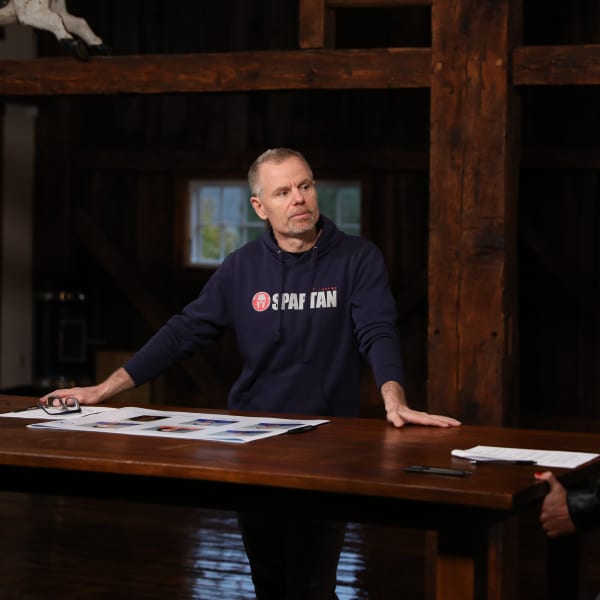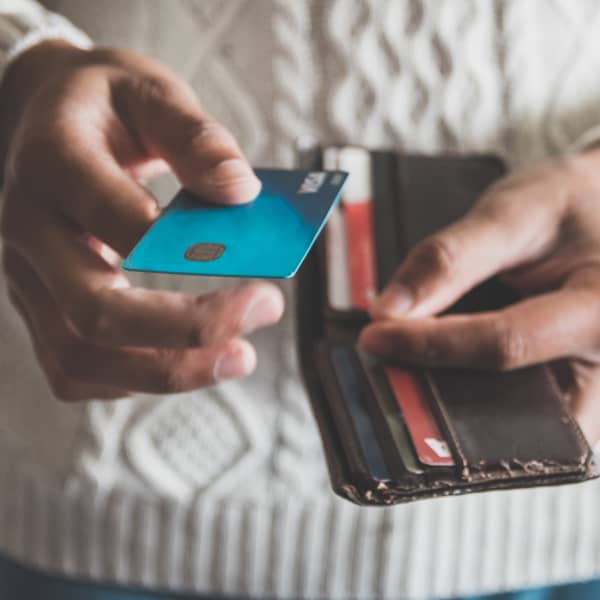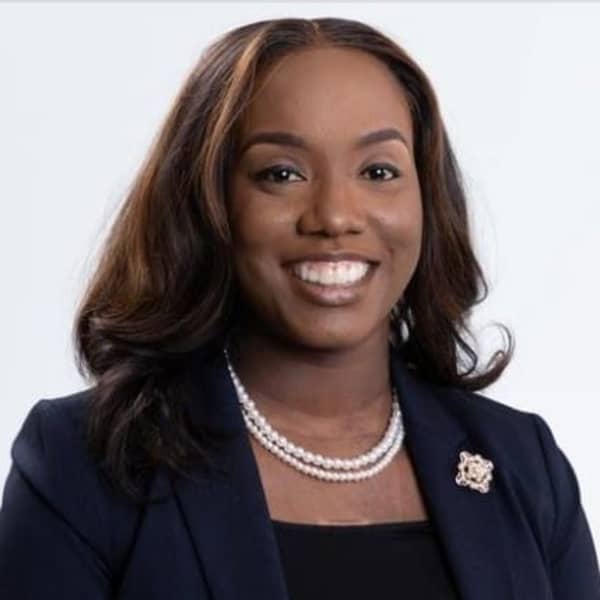Americans faced a difficult year due to the Covid-19 pandemic, which put a strain on many families' finances.
More than half, 51%, of Americans have less than three months' worth of emergency savings, according to a recent survey from personal finance website Bankrate. The survey includes over 1,000 responses from telephone interviews conducted by SSRS Omnibus between June 22-27, 2021.
For 2021, 25% of survey respondents indicate having no emergency savings at all, up from 21% who said they didn't have any in 2020. Another 26% say they have some emergency savings, but not enough to cover expenses for three months.
That puts many Americans well behind the three to six months worth of living expenses financial experts typically recommend having set aside in an emergency fund.
Low-income households are much more likely to not have adequate emergency savings, the survey finds. Among households earning less than $50,000 a year, only 35% of respondents say they feel secure with their level of savings, while 62% of households earning over $50,000 annually say the same.
The pandemic didn't help. "Just 1 in 6 households report having more emergency savings now than prior to the pandemic, and those that did tended to be from higher income households, with fully-funded emergency savings," Greg McBride, chief financial analyst at Bankrate.com, tells CNBC Make It.
Overall, Americans are divided on how comfortable they feel about their level of emergency savings. Among survey respondents, 51% feel comfortable, while 48% express feeling uncomfortable. (The remaining 1% don't know or refused to answer.)
More from Invest in You:
Opting out of monthly child tax credit payments may make sense for some families
Got a job offer? Here’s how to decide if you should — or shouldn’t — accept a counteroffer
Cryptocurrencies can be a tool for building personal wealth long-term
McBride says that aiming to save 10% of your income should be a go-to for everyone, but especially those who don't yet have a fully-funded emergency fund.
However, he acknowledges that it takes time to build up a savings cushion. Enough savings to cover a full six months worth of expenses is "a destination, not a starting point," McBride says.
"What's important is to have savings," he explains. "You may have to stair-step your way up to it, but the sooner you form that habit, the longer it will stay with you. Then it makes saving happen automatically, even as your income grows."
In addition to saving 10% of your income, McBride also recommends keeping track of your spending.
And remember that your emergency savings can be used not just be for emergencies, but for life improvements as well, he says.
"Your emergency savings can also be thought of as your opportunity fund. If your goal is to eventually start your own business, that's not going to happen without having some savings built up," he says. A well-funded emergency fund not only gives you peace of mind, "but it also opens the doors to experiences that might not otherwise be possible."
SIGN UP: Money 101 is an 8-week learning course to financial freedom, delivered weekly to your inbox.
CHECK OUT: Single mom earns $10,000/month on Outschool: 'I would have never been able to make as much money as a regular teacher' via Grow with Acorns+CNBC.
Disclosure: NBCUniversal and Comcast Ventures are investors in Acorns.







